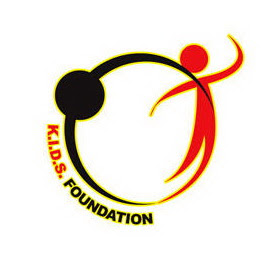A novel way of composting to produce fertilizers from household wastes called “TAKAKURA” composting is being piloted in 20 households in barangays Tejero, Carreta, Mabolo and Pahina San Nicolas in Cebu City.
Cebu City councilor, Nida Cabrera said, the 20 pilot households will each receive Takakura baskets with ready mix mother compost. All they need to do is to place all bio-degradable wastes into the baskets and mix them.
According to Cabrera, Takakura Composting is a method of reducing or recycling organic wastes such as garden wastes and manure, leftover food and liquid seawage are broken down by various types of microorganisms resulting to a valuable soil conditioner or fertiizer.
Dr. Koji Takakura of Japan discovered the composting method and has been extensively used in some other Asian countries like Surabaya Indonesia, Cabrera said. The concept of Takakura composting has been encouraging to both local and national officials and this has been piloted as one of the major programs of Cebu City.
According to Cabrera, her committee has been massively conducting information drive in all barangays of the City to publicize this new way of reducing household wastes. It is the vision of councilor Cabrera to multiply the number of baskets and to reach as many households all around Cebu to adopt the Takakura composting method.
This method of composting will soon be introduced to Barangay Kalunasan residents through the facilitation of Community Extension Services and Development. It is hoped that with the introduction of this method to the residents, garbage volume will be significantly reduced and ultimately, solid waste management will be properly incorporated into the households.
Cebu City councilor, Nida Cabrera said, the 20 pilot households will each receive Takakura baskets with ready mix mother compost. All they need to do is to place all bio-degradable wastes into the baskets and mix them.
According to Cabrera, Takakura Composting is a method of reducing or recycling organic wastes such as garden wastes and manure, leftover food and liquid seawage are broken down by various types of microorganisms resulting to a valuable soil conditioner or fertiizer.
Dr. Koji Takakura of Japan discovered the composting method and has been extensively used in some other Asian countries like Surabaya Indonesia, Cabrera said. The concept of Takakura composting has been encouraging to both local and national officials and this has been piloted as one of the major programs of Cebu City.
According to Cabrera, her committee has been massively conducting information drive in all barangays of the City to publicize this new way of reducing household wastes. It is the vision of councilor Cabrera to multiply the number of baskets and to reach as many households all around Cebu to adopt the Takakura composting method.
This method of composting will soon be introduced to Barangay Kalunasan residents through the facilitation of Community Extension Services and Development. It is hoped that with the introduction of this method to the residents, garbage volume will be significantly reduced and ultimately, solid waste management will be properly incorporated into the households.























































